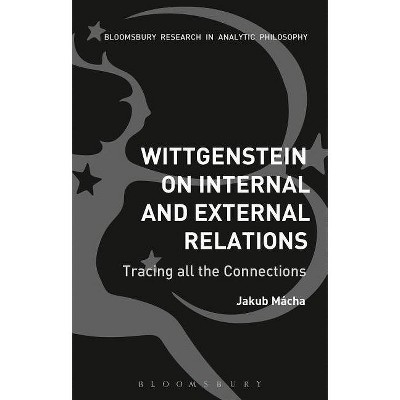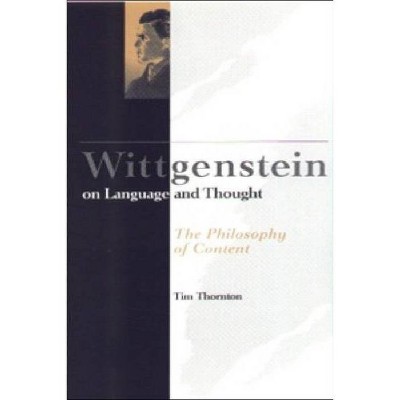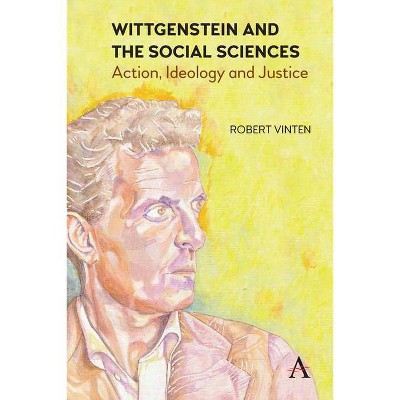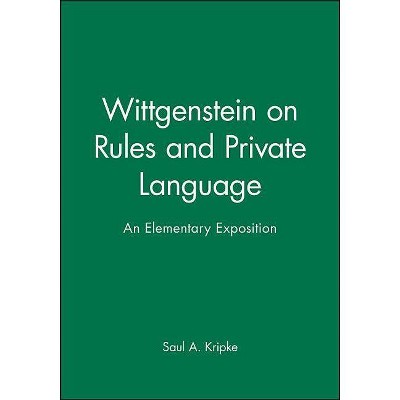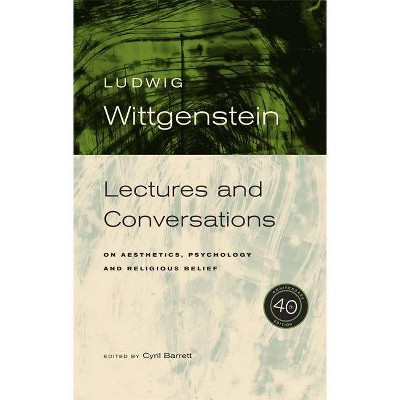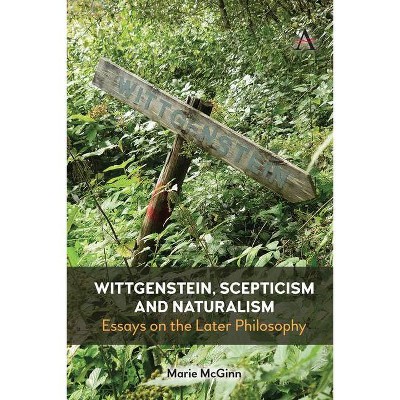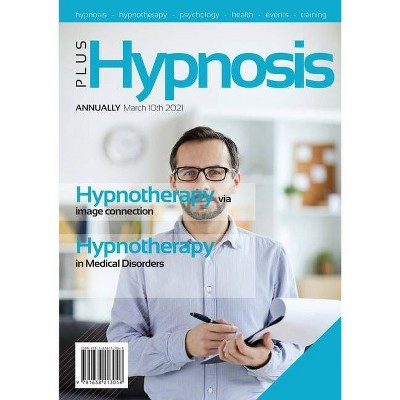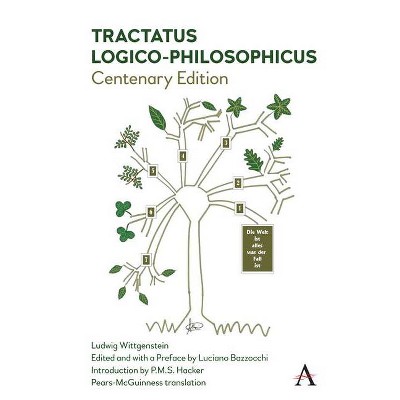Wittgenstein and the Creativity of Language - by Sebastian Sunday Grève & Jakub Mácha (Paperback)
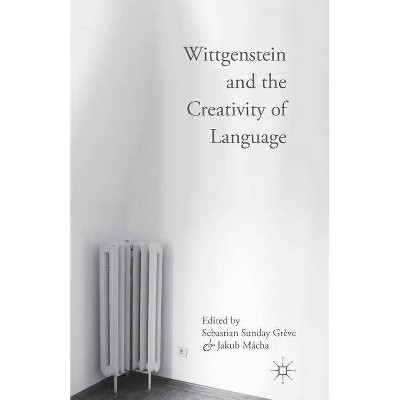
Similar Products
Products of same category from the store
AllProduct info
<p/><br></br><p><b> About the Book </b></p></br></br>"This volume is the first to focus on a particular complex of questions that have troubled Wittgenstein scholarship since its very beginnings. Today, readers continue to be struck by the creative style of this genius of 20th-century philosophy. At the same time, his writings provided the ground for several subsequent philosophical movements, such as logical positivism and so-called ordinary language philosophy, which have often been regarded as being inherently scientistic or conservative, or even in some sense anti-creative. The chapters of this volume set out to re-examine Wittgenstein's lasting intellectual influence in this respect. To this end, they present recent work on Wittgenstein's fundamental insights into the workings of human linguistic behaviour, its creative extensions and its philosophical capabilities, as well as Wittgenstein's own creative use of language--thus insightfully connecting issues from a variety of topics such as painting, politics, literature, poetry, literary theory, mathematics, philosophy of language, aesthetics and philosophical methodology. The contributors of this volume are Charles Altieri, Maria Balaska, Garry L. Hagberg, John Hyman, Wolfgang Kienzler, Daniele Moyal-Sharrock, Stephen Mulhall, Alois Pichler, Rupert Read, Sebastian Sunday Greve, and Ben Ware"--<p/><br></br><p><b> Book Synopsis </b></p></br></br>This volume is the first to focus on a particular complex of questions that have troubled Wittgenstein scholarship since its very beginnings. The authors re-examine Wittgenstein's fundamental insights into the workings of human linguistic behaviour, its creative extensions and its philosophical capabilities, as well as his creative use of language. It offers insight into a variety of topics including painting, politics, literature, poetry, literary theory, mathematics, philosophy of language, aesthetics and philosophical methodology. <p/><p/><br></br><p><b> From the Back Cover </b></p></br></br>This volume is the first to focus on a particular complex of questions that have troubled Wittgenstein scholarship since its very beginnings. The authors re-examine Wittgenstein's fundamental insights into the workings of human linguistic behaviour, its creative extensions and its philosophical capabilities, as well as his creative use of language. It offers insight into a variety of topics including painting, politics, literature, poetry, literary theory, mathematics, philosophy of language, aesthetics and philosophical methodology<p/><br></br><p><b> Review Quotes </b></p></br></br><br><p>'Wittgenstein and the Creativity of Language is an exceptionally stimulating collection on a crucial new subject, the creative potential of ordinary language (artistic, scientific, philosophical). Grève and Mácha bring together a powerful group of authors whose various approaches to the topic strike a perfect balance between interpretative scholarship and philosophical originality.'</p> <p>- Sandra Laugier, Professor of Philosophy, Université Paris 1 Panthéon-Sorbonne, France</p> <p>'These essays explore both the standing possibility of creative language use and Wittgenstein's own creative uses of language. In doing so they advance and enrich our understandings of distinctively human and discursive being-in-the-world as both emergent within practices and capable of exceeding them. They will captivate anyone with a sense of the uncanniness of the ordinary and the vicissitudes of the human.'</p> <p>- Richard Eldridge, Charles and Harriett Cox McDowell Professor of Philosophy, Swarthmore College, US</p> <p>'This book successfully challenges our received image of Wittgenstein as a closed philosopher closed language-games, a closed end-of-philosophy conception, closed possibilities of meaning and knowing. Using Wittgenstein's own philosophical practice as a springboard, the authors show him to have been an open philosopher. Their exploration of the theme of creativity artistic, linguistic, mathematical and philosophical offers us new perspectives on skepticism, artistic and philosophical style, method, modernism and idealism.'</p> <p>- Juliet Floyd, Professor of Philosophy, Boston University, US</p> <p>'A bold, exhilarating, and rewarding collection of essays that uses Wittgenstein's reflections on language to gain new, original insights into poetry, painting, architecture, philosophy, and language itself.'</p> <p>- Hans Sluga, William and Trudy Ausfahl Professor of Philosophy, UC Berkeley, US </p><br><p/><br></br><p><b> About the Author </b></p></br></br>Charles Altieri, UC Berkeley, US.Maria Balaska, Paris 8 University, France.Sebastian Sunday Grève, University of Oxford, UK.Garry L. Hagberg, Bard College, US.John Hyman, University of Oxford, UK.Wolfgang Kienzler, University of Jena, Germany.Jakub Mácha, Masaryk University, Brno, Czech Republic. Danièle Moyal-Sharrock, University of Hertfordshire, UK. Stephen Mulhall, University of Oxford, UK. Alois Pichler, University of Bergen, Norway. Rupert Read, University of East Anglia, UK. Ben Ware, University of London, UK. <p/>
Price History
Price Archive shows prices from various stores, lets you see history and find the cheapest. There is no actual sale on the website. For all support, inquiry and suggestion messages communication@pricearchive.us
